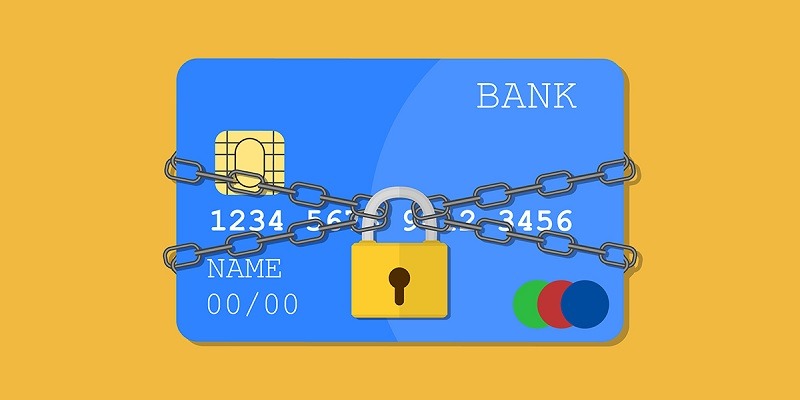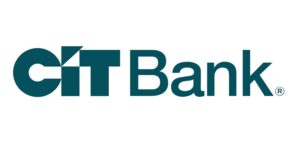
Credit card fraud is something that happens more often than you think. It is important to take precautionary measures to avoid becoming a victim.
Read on to learn more on how to protect your credit card and what to do if you do become a victim.
Credit and Debit Card Fraud
Credit and Debit Card fraud is the use of a card to “buy goods and services with the intention of evading payment,” according to Experian. Different kinds of credit fraud abound, including fraud sprees, identity assumption and identity theft.
A fraud spree occurs when a thief steals your information and uses it to make unauthorized charges on your card. Identity theft occurs when someone uses your credit card numbers and personal identification information to commit credit fraud or other crimes under your name. And identity assumption is a fraud scam that happens when a criminal uses your stolen information on a long-term basis to victimize you.
How To Prevent Credit Card Fraud
Credit card fraud detection can help you limit your risk of credit and debit card fraud. Take every step you can to avoid being victimized, because not only can fraud affect your credit, it can be very difficult to clean up.
To help minimize your risk of fraud, follow these tips:
- Never give your credit card or debit card account number to anyone over the phone unless you know the company with which you’re dealing.
- Make sure you get your card back after you make a credit card transaction.
- Don’t leave any blank space above the total on your card receipt. Instead, draw a line through it. That way, no one can fill in an extra amount.
- Save your receipts. Use your receipts to compare with your bill — and make sure you check your bill each month carefully.
- Use a virtual credit card. Unlike a physical credit card, a virtual card gives you a randomly generated number that’s linked to your credit card. A virtual credit card is ideal for online shopping with a merchant you’re not familiar with — the seller won’t ever see your real credit card number.
- Look for credit card skimmers. When you visit an ATM or a gas station and use an unattended credit card machine, a thief can steal your credit card information with a credit card skimmer, a device that can be attached to a card reader that enables someone to steal your information when you swipe your card. Look for anything odd fitted over the device that seems a bit loose or looks newer. If you see something, don’t use the machine, and report it to the business.
- If your card has a chip, opt for inserting the chip instead of swiping your card, because it is more secure.
What To Do If You Are A Victim Of Credit Card Fraud
You can discover in a few different ways whether you’ve been the victim of a compromised account. Pay attention to these four clues to avoid ongoing fraud:
- Your credit report shows inquiries or information on accounts you didn’t open.
- Unfamiliar charges appear on your billing statements.
- You receive bills from unknown sources.
- You receive calls from creditors.
If you’re the victim of a stolen credit card or a lost credit card, act immediately.
Make sure you limit your liability if you’ve been the victim of fraud. If you find out you’ve been scammed, take these four steps:
- Alert your credit card companies first. You will typically need to provide your credit card and Social Security number as well as your login information for the credit card site. In addition, you might have to sign a statement under oath that you did not make the charges.
- Contact the credit bureaus. Report fraud to one of the credit bureaus — Experian, Equifax or TransUnion — so it can put a credit fraud alert on your account. Once you report credit card fraud to one credit bureau, it must share that information with the others. Follow up with the others to make sure it happened.
- File a police report. You should report any kind of identity theft — including credit card fraud to police — according to the FDIC. In addition, a police report can provide documentation to send to your credit card issuer.
- File an FTC complaint. Again, because credit card fraud is a type of identity theft, you should report it to the FTC. You’ll need to provide the name of the card issuer, the date you noticed the fraudulent charges, the amount of the charges, your account number and any information about the company that authorized it.
 |
 |
Bottom Line
Credit card fraud is very real and can cause damage to your credit score and more. Take measures to prevent fraud, but if it does happen act immediately.
For more information on banking, check out more bank guides right here on HMB!



